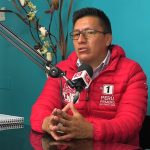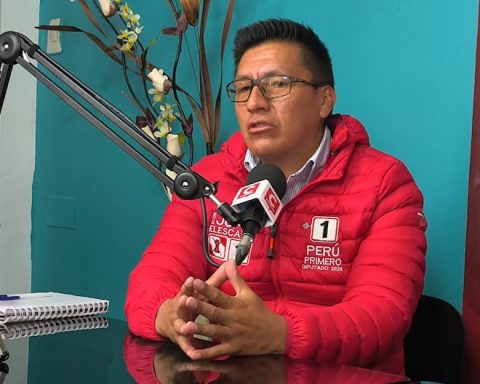Money… Nobody likes to think about it, but it is part of all aspects of life: our sense of identity, where we live and what we surround ourselves with, what we want today and dream for the future. All of this has to do with money.
If money was important before, now it is even more so. Our grandparents and parents could turn to their loved ones and a strong social security system to finance their expenses when they could no longer work.
Unfortunately, neither we nor the generations that follow us are going to have the same luck. Our families don’t have the same security as before, neither does the government.
Demographic changes make traditional systems unsustainable and the money to finance everything is simply not there. Each of us, individually, will have to deal with the daily impact of this when we retire. Having the money we will need in the future depends on what we do today.
So what should we do? The answer is simple: We must save as much as we can, start as early as possible, and then learn how to safely grow our savings through investment. However, going from saying to doing is more complicated.
Keys to save and invest
To save you have to learn to consume consciouslybut that, in turn, requires prior learning: hold back against the impulse of spending. I arrived in Uruguay in 1985 and, at that time, most Uruguayans earned less than today, but saved more. Why? Because there were fewer things to buy and since there was no consumer credit it was more difficult to buy them. Today, one can buy whatever one wants and it is not even necessary to have the money.
We say that we cannot save, but the truth is that we are not willing to do sothis would imply giving up tastes or purchases with which we are tempted daily, being dragged by a consumerist culture that overwhelms us and, even more, many times it annuls our decision making. Faced with this situation that affects all of us who live in today’s society, it is essential to stop for a moment to think about what we are doing with our money, if that expense refers to a real need or simply caused by those who want to sell us. We must stop and ask ourselves: this purchase that I am about to make, what does it give me and what does it take away from me? balance both
values will allow us to discard unnecessary expenses and thus be able to save more for the future.
To grow our savings, we must learn to invest. 30 years ago, investing was easy. You could go to a bank, give your money as a fixed-term deposit, and the bank would promise to pay an interest rate. One only had to make two decisions: whether to deposit in dollars or pesos (which was easy because nobody invested in pesos) and the term (30, 90 or 180 days).
Today, banks do not offer to pay for deposits, but they offer different “investment products” of one’s choice. To navigate this more complex world, we have to learn to invest safely.
It is not necessary to become a financial expert to be able to invest. Many people assume that you have to go to a specialized course and learn a new language to be able to invest well, but this is not the case. There are many activities in life that we manage without becoming experts. We don’t need to be a surgeon to operate on our knee. Neither is being an architect to build us a house.
Human society is organized on the premise that different people are good at different things. Working together a lot is achieved.
manage our money
If we think about handling our money in the same way, it’s simple. We need to put our focus on three areas: We must understand ourselves. Our relationship with money is multidimensional: it allows us to buy things we need, it helps us express who we are, and it affects us emotionally.
We have to define what we are looking for. Money is nothing more and nothing less than the means that allows us to achieve our goals in life. There is only one “expert” on how we want to live, ourselves. We have to ask ourselves “what is the money we are saving and investing going to be spent on?”, “when are we going to spend it?” and “how much will we need to achieve what we are looking for?”. Next, we need to translate these financial goals into a plan that will help us achieve them.
We need to determine who to work with. When we build a house we are clear about who are helping us: the architect, the barracks, the workers, the construction company, etc. But when we think about our money we mistakenly assume that all financial providers (banks, stockbrokers, advisors and others) do the same. Different companies offer different services and you have to understand what each one does to define what kind of expert you need to work with. Also as consumers we have to ask the right questions and learn to compare different alternatives.
Understanding yourself in these three dimensions is important to understanding why we make the decisions we do and where the blind spots are.
As much as we may not like it, we live in a world that demands that each of us take charge of our own financial life. It is easier than it seems if we use the same skills as when we face other complex problems. It is not necessary to become financial experts, but we do need to become informed and aware consumers. We must replicate what we do in many other areas of life: define what we want and hire experts who can help us achieve what we seek.















